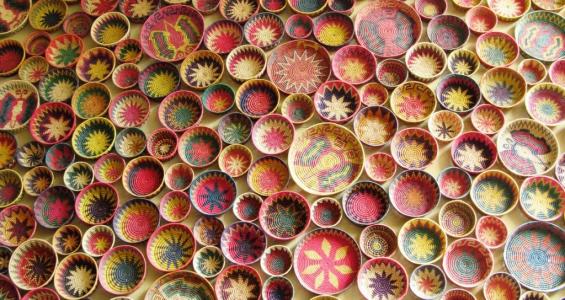Mexico is a large and diverse country both geographically and ethnically. With a population of 111.2 million people, it is also the most populous Spanish-speaking country in the world. Access to improved drinking water in Mexico is relatively high, especially in urban areas. However, Mexico has battled water supply crises since the 1960s due to the infrastructure demands of dramatic increases in urbanization. Still, the inequality of water consumption may be an even more critical issue. Water availability in poor areas of Mexico City is less than 50 liters per day, while in wealthier neighborhoods water consumption nears 500 liters per day. By helping people of various social and economic classes understand the relationship between their behavior and water, Project WET hopes to help mitigate water inequality and improve protection of water sources among youth in Mexico.






